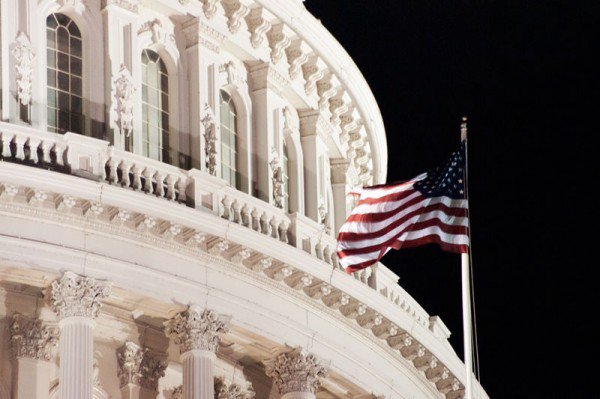What Is the Fiscal Cliff and How Will It Affect the US?


What is the fiscal cliff?
The fiscal cliff is a set of automatic spending cuts and tax increases that will take effect in January 2013. The Bush tax cuts will expire as well. Over $400 billion in mandated spending cuts will then strap government agencies across the board, from defense to domestic programs.
What is the worst that could happen?
If Congress is incapable of finding a solution, dramatic tax increases and spending cuts could send the economy into a ‘double-dip’ recession. Conversely, if current policies are simply extended, the United States would slip even deeper into dept and risk facing a crisis similar to that of Europe. Should the fiscal cliff be reached and the spending and tax cuts occur, the Congressional Budget Office predicts a 0.5% drop in economic growth, a jump in unemployment, and a significant reduction in the deficit. If the cuts do not occur, the CBO predicts a 1.7% increase in economic growth, a slight drop in unemployment, but much less deficit reduction.
How was the fiscal cliff created?
The fiscal cliff was created when last year’s Joint Select Committee on Deficit Reduction (formed by the Budget Control Act of 2011) failed to agree on a comprehensive budget. Their failure ‘triggered’ automatic spending cuts that will take place in January 2013. This became known as the "fiscal cliff." The trigger was implemented when President Obama signed the Budget Control Act of 2011 as an incentive for a divided Congress to compromise and produce a budget that would reduce the deficit.
“[P]art of the law that I signed this summer stated that if congress could not reach an agreement on the deficit, there’d be another 1.2 trillion dollars of automatic cuts in 2013 divided equally between domestic spending and defense spending” -Obama (2011 Press Conference)
How is Congress reacting to the fiscal cliff?
Since the 2011 budget leaves some cabinet agencies unfunded at the end of this month, H.J. Res 117 passed the House with bipartisan support (329-91) and will likely pass the Senate. The measure will extend funding for day-to-day operating costs for government until March 27th 2013. This budgetary band-aid prevents a governmental shutdown after the November elections but would afford the lame duck Congress little time to address the omnipresent fiscal cliff deadline. With campaign season in full swing, lawmakers are hesitant to address the issue until after the elections.
In the meantime Republicans and Democrats have been doing little to cross party lines. Democrats say that Republicans are to blame due to their unwavering commitment to an unrealistic Ryan budget. "The reality is that the unwillingness of the House Republicans to keep their word is why we have a short-term continuing resolution before us today," Rep. Marcy Kaptur (D-Ohio) told The Hill last week.
Likewise, Republicans are anticipating political gains come November, so little compromise will come until after the 2012 election. Whether one blames Obama for signing into law the Budget Control Act of 2011, which created this trigger, or blames Congress for failing once again to take decisive budget action, it’s clear that almost nothing will be done to address the fiscal cliff with election season in full swing.



